The official newsletter of the South Philippine Union Conference the Seventh-day Adventist church
News
Southwestern Philippine Union Conference honors 150 years of Adventist missionary work
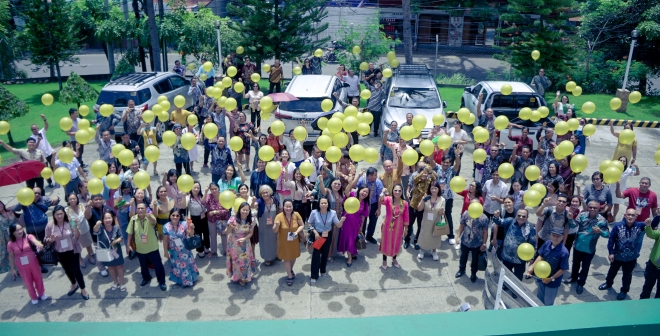
The Southwestern Philippine Union Conference joined the celebration of 150 years of Adventist missionary work, which began in 1874 when J.N. Andrews became the first known Adventist missionary. The celebration was held at the SwPUC Garden Church on September 20 and attended by administrators from Adventist institutions, along with missionaries and representatives from missions and conferences.
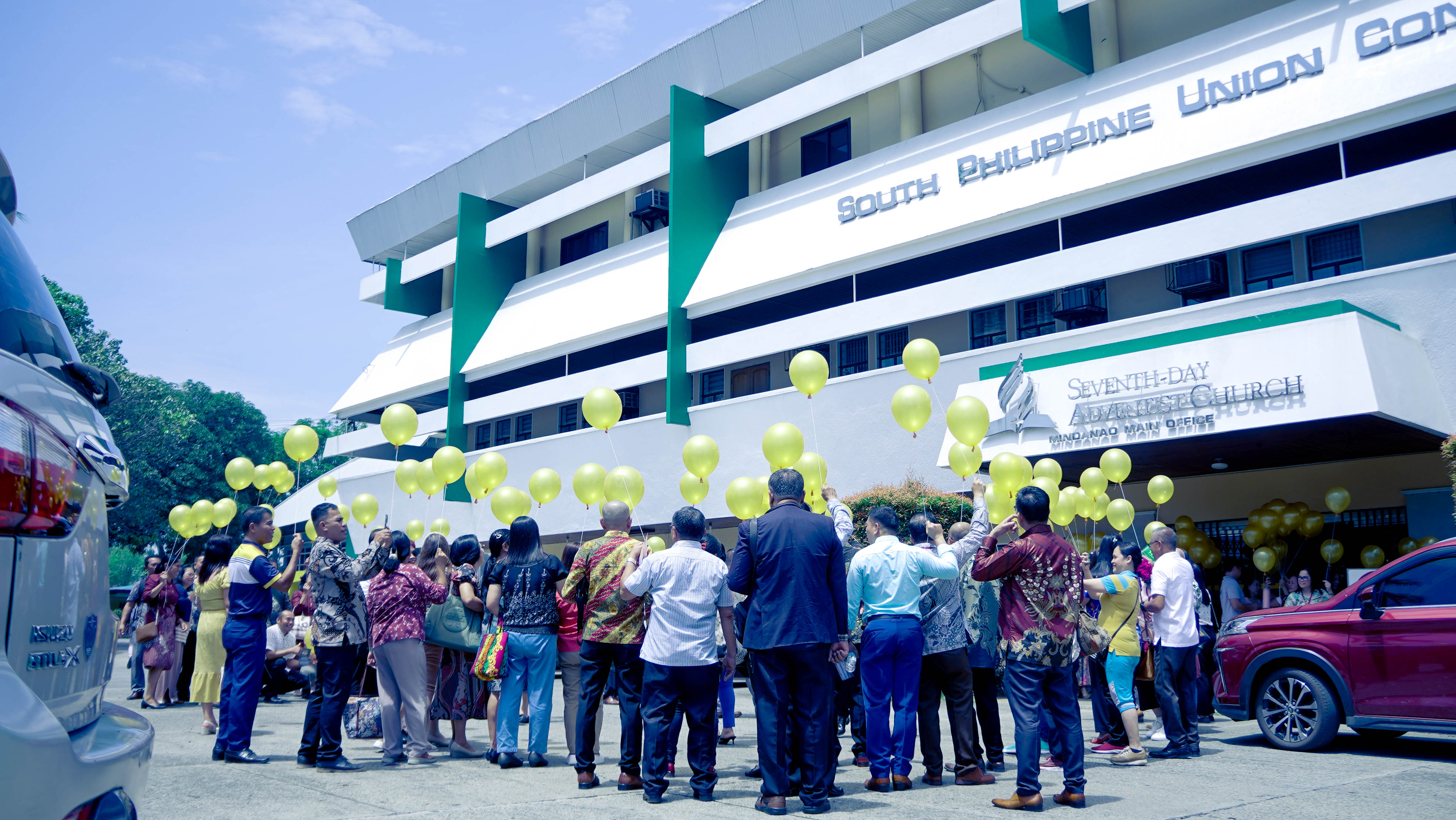

SwPUC Ministerial Secretary Pr. Elvin R. Salarda, who thanked the missionaries for their work, said, "To our dedicated missionaries, past and present, who are still in the mission field, we salute you. To our missionaries who gave their lives to Jesus and are now at home, we congratulate you. Indeed, you make Christ's name known in your mission field. God bless you with a double portion of His grace."
The event presented five missionaries who shared their experiences: Michael Cabañero, Dr. Beth Sigue, Mrs. Genevieve Vidal, Dr. Vincent Dionzon, and Marife Patalinghug.
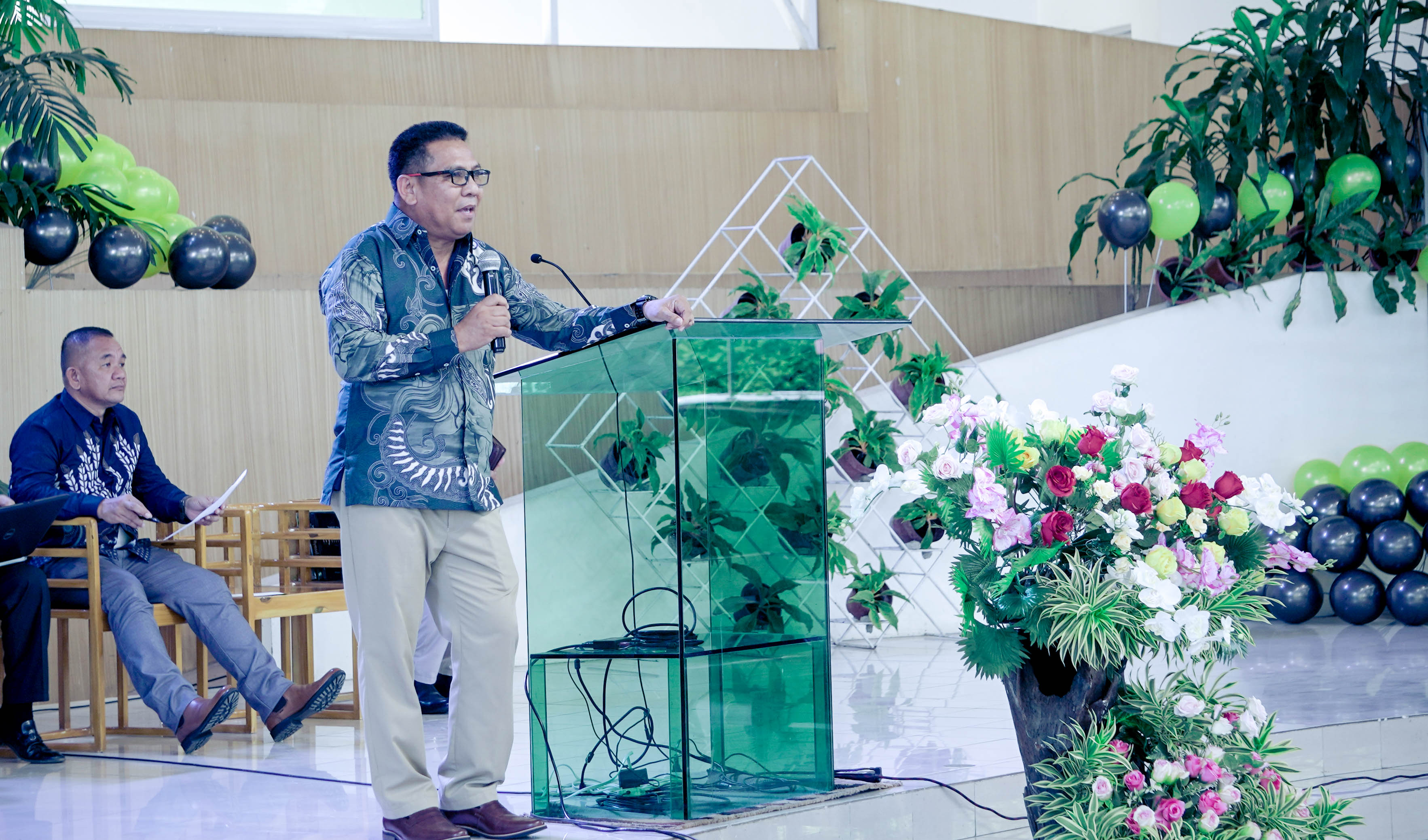

Cabañero spent fifteen years in Africa, where he observed that about thirty percent of the missionaries on the continent were Filipinos. Many of these missionaries made great sacrifices, with some losing their lives to diseases like malaria. His friend, also a missionary, was shot by a member of a militant group.
"All these people sacrificed their lives for Jesus," he uttered.

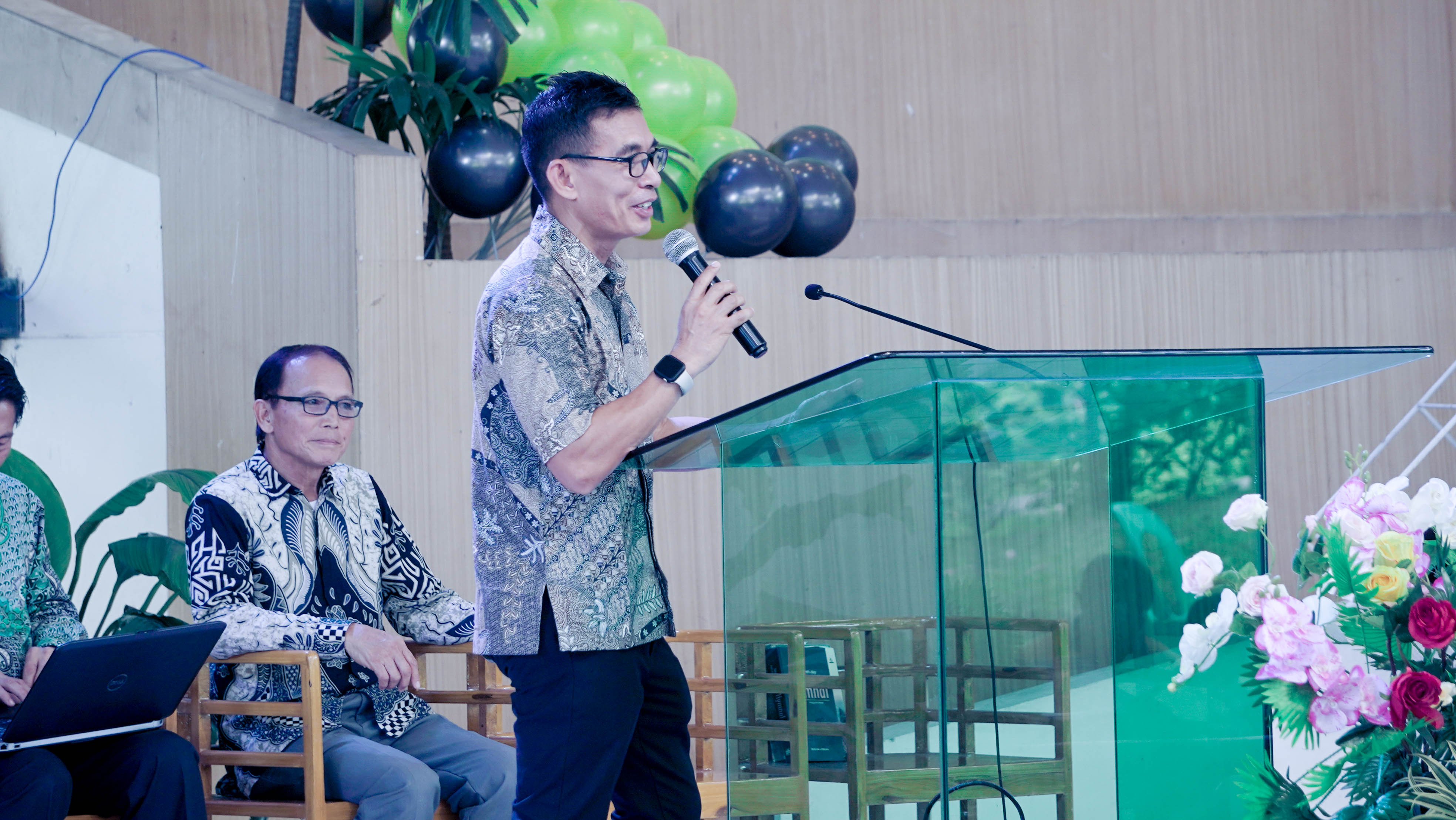
Dr. Sigue who also served in Africa, reflected on the cultural differences she encountered during her eleven years as a professor, dean, and department head at a university in Uganda.
Vidal, who spent less than a year in Pakistan, spoke about the eye-opening cultural differences she faced and her interactions with people of extreme religious backgrounds.
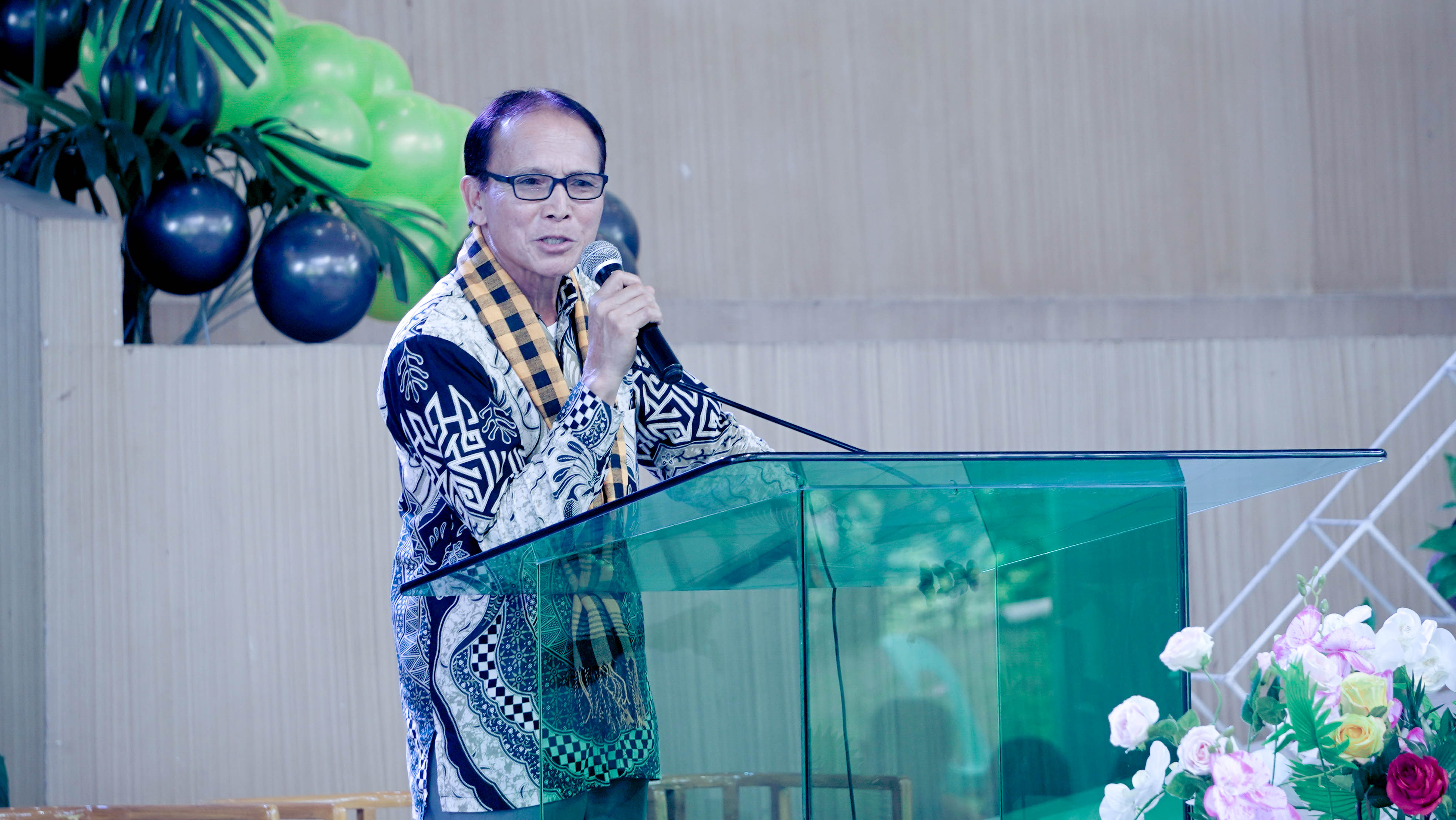
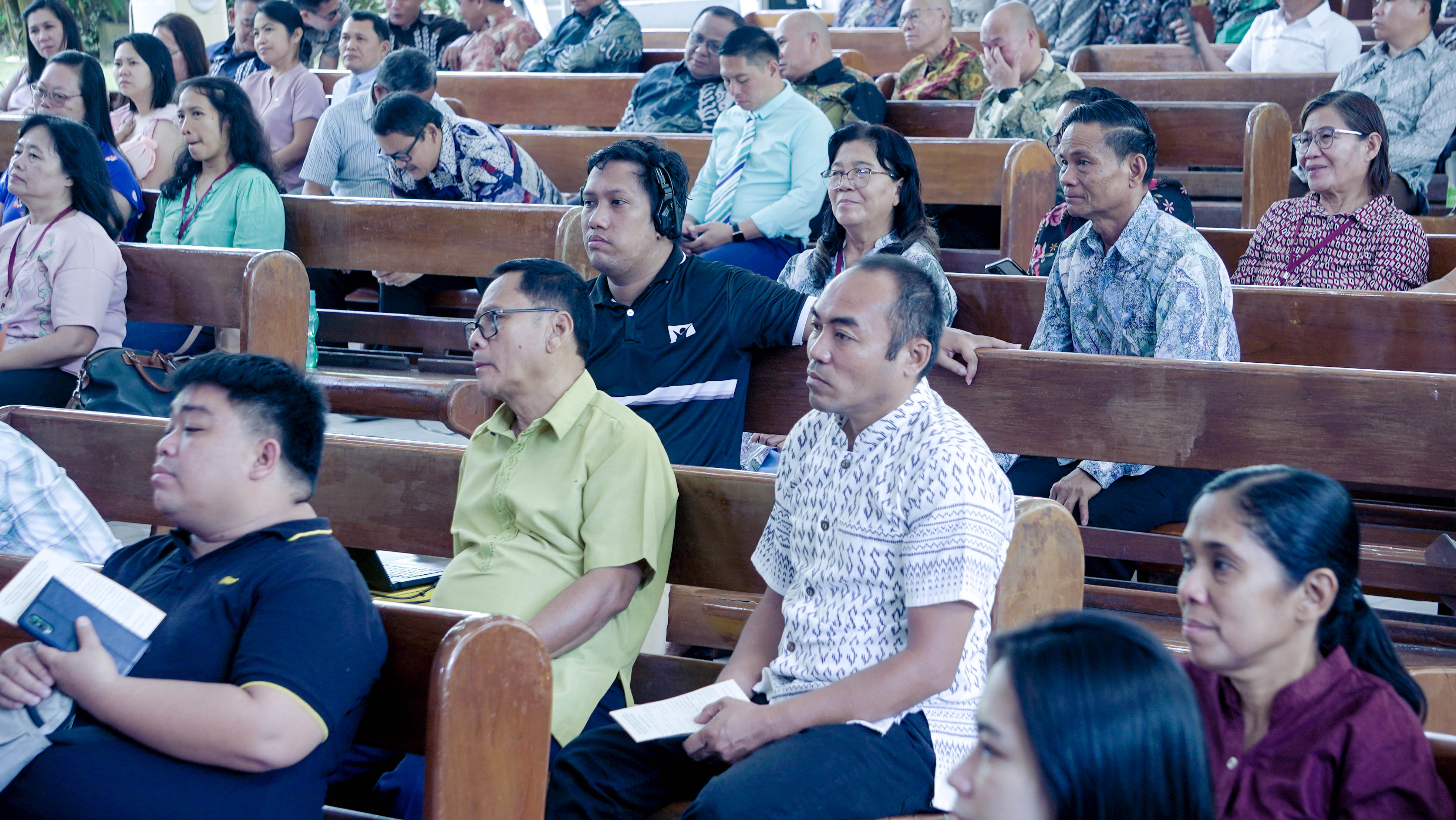
Dr. Dionzon served as a missionary dentist for eighteen years in Africa. His first assignment was in the Democratic Republic of the Congo and second was in Djibouti. In Congo, he started a family and became an ordained deacon. His primary work, however, was in Kinshasa, where his family would visit patients' homes weekly.
Kinshasa is widely known as the place where HIV originated and spread first in the 1920s. The virus later spread across Africa and Europe. The country continues to have a high HIV rate.
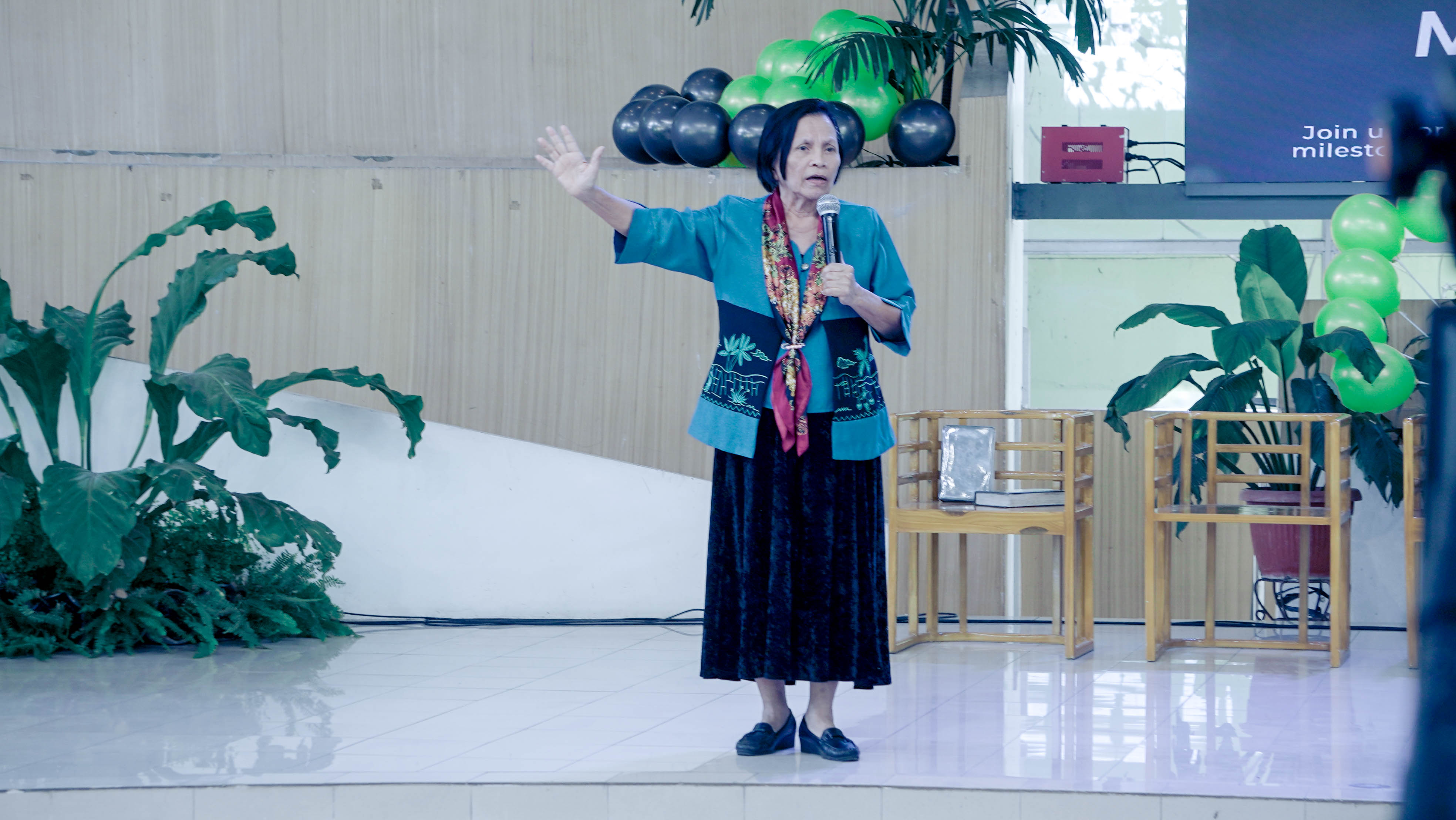
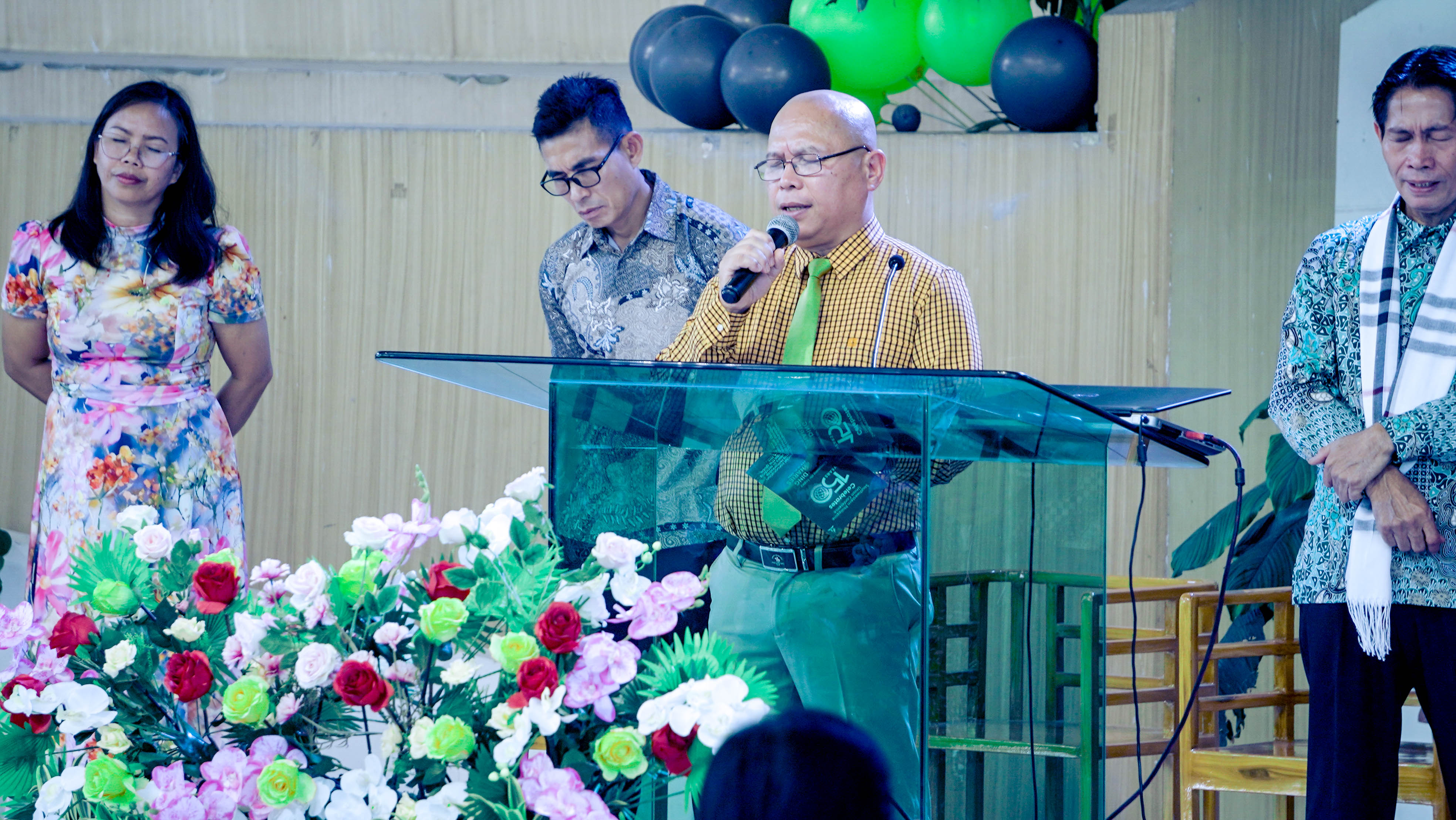
Later, growing political unrest in Congo forced Dr. Diozon and his family to flee to Djibouti, where they continued their mission among the marginalized. "There, we served the poorest of the poor," he said, noting that ninety percent of Djibouti's population is Muslim.
According to him, it was extremely difficult to convert anyone there, as the Muslims were resistant, and even the slightest mention of Christianity would offend them.
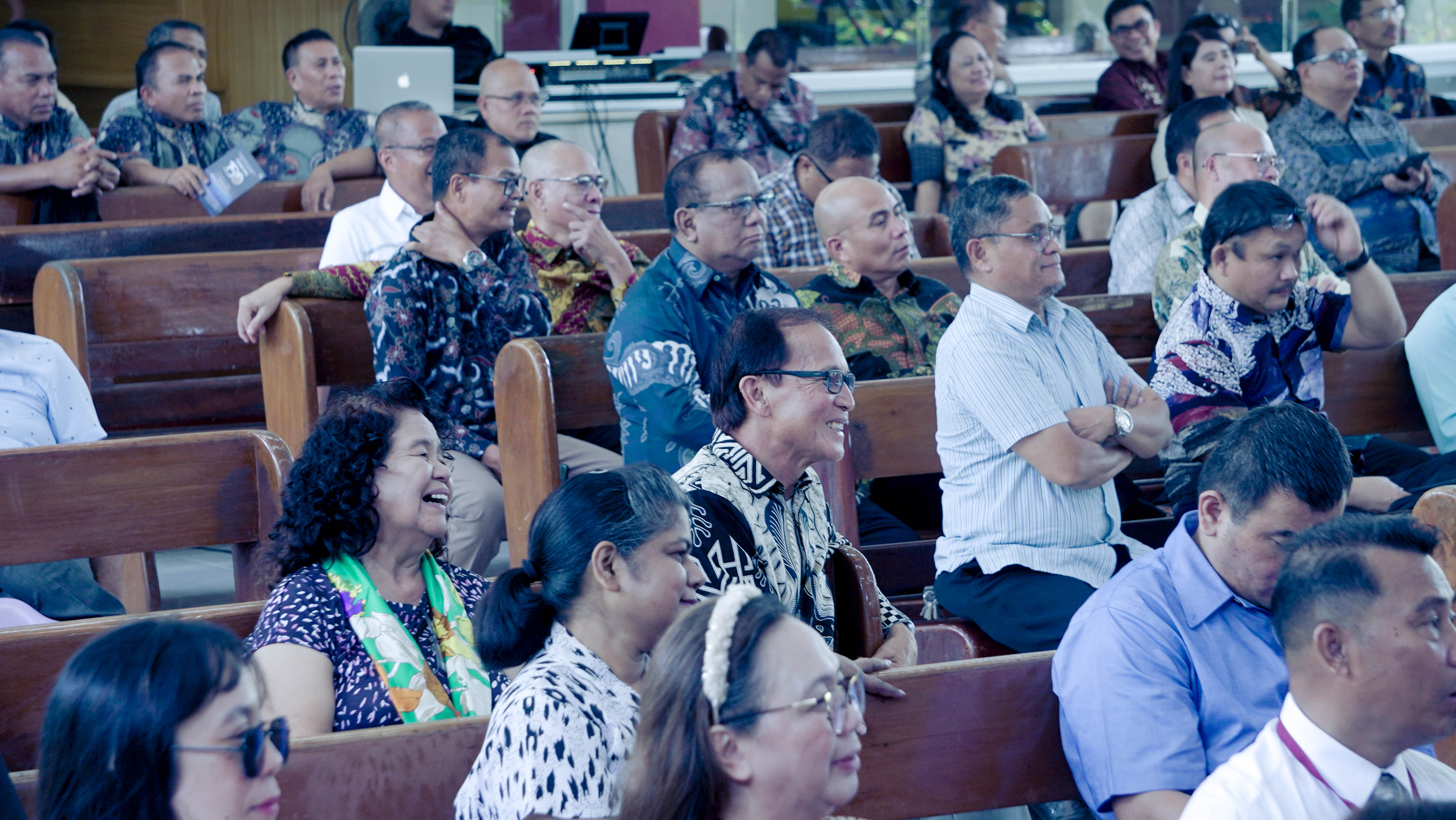

"But praise the lord, because in our final year in Africa, we were able to baptize a Muslim couple," said Dr. Dionzon, his eyes welling with tears.
Lastly, Patalinghug, who spent two years in Sri Lanka, recalled her experiences when she struggled to adapt to a new culture and language. She also dealt with different challenges when Sri Lanka's economy collapsed in 2021, which resulted in significantly fewer tithes collected in local churches that year. Patalinghug reached out to sponsors abroad to help raise funds for distributing goods to both Adventists and non-Adventists in Sri Lanka.
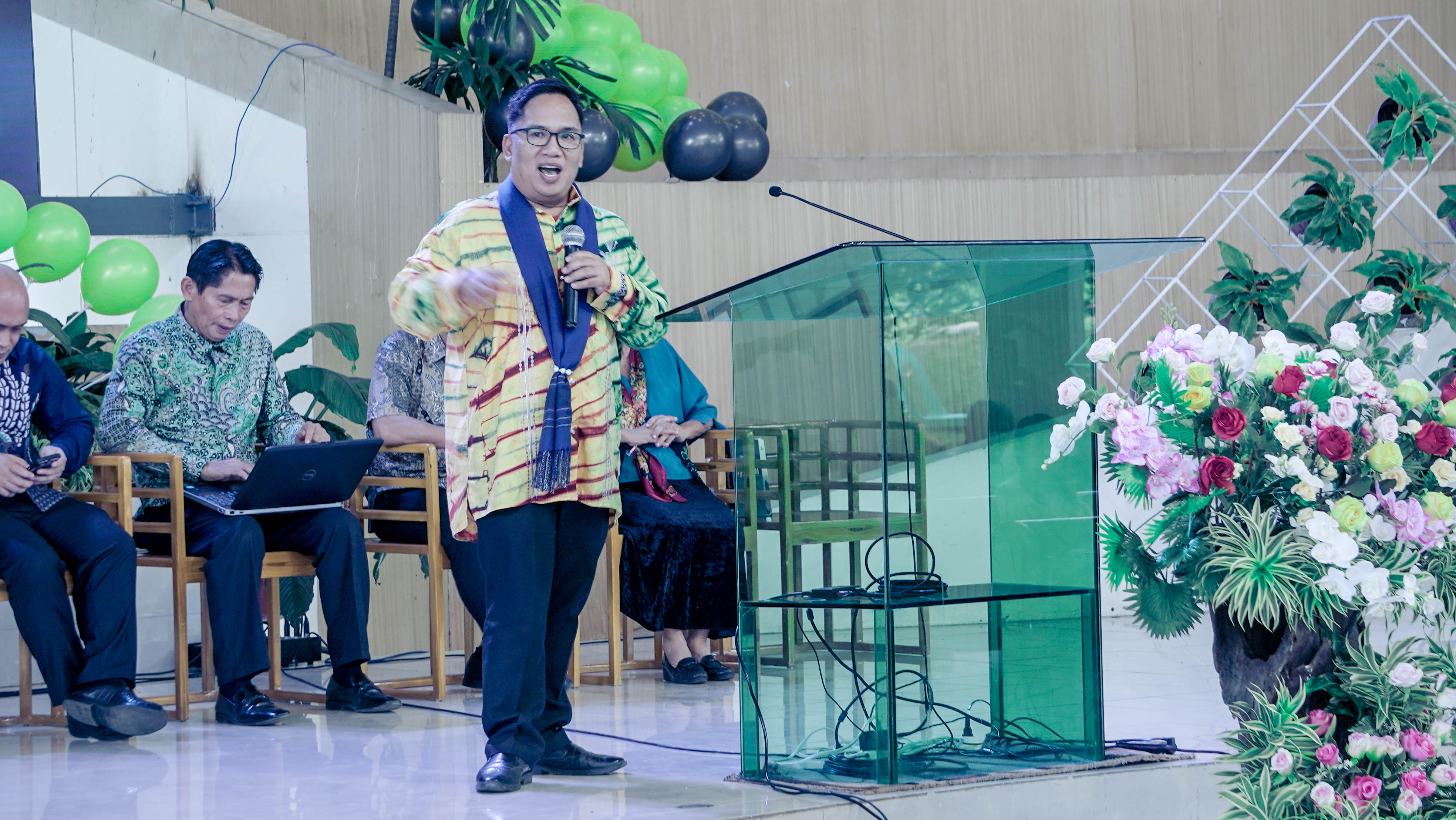
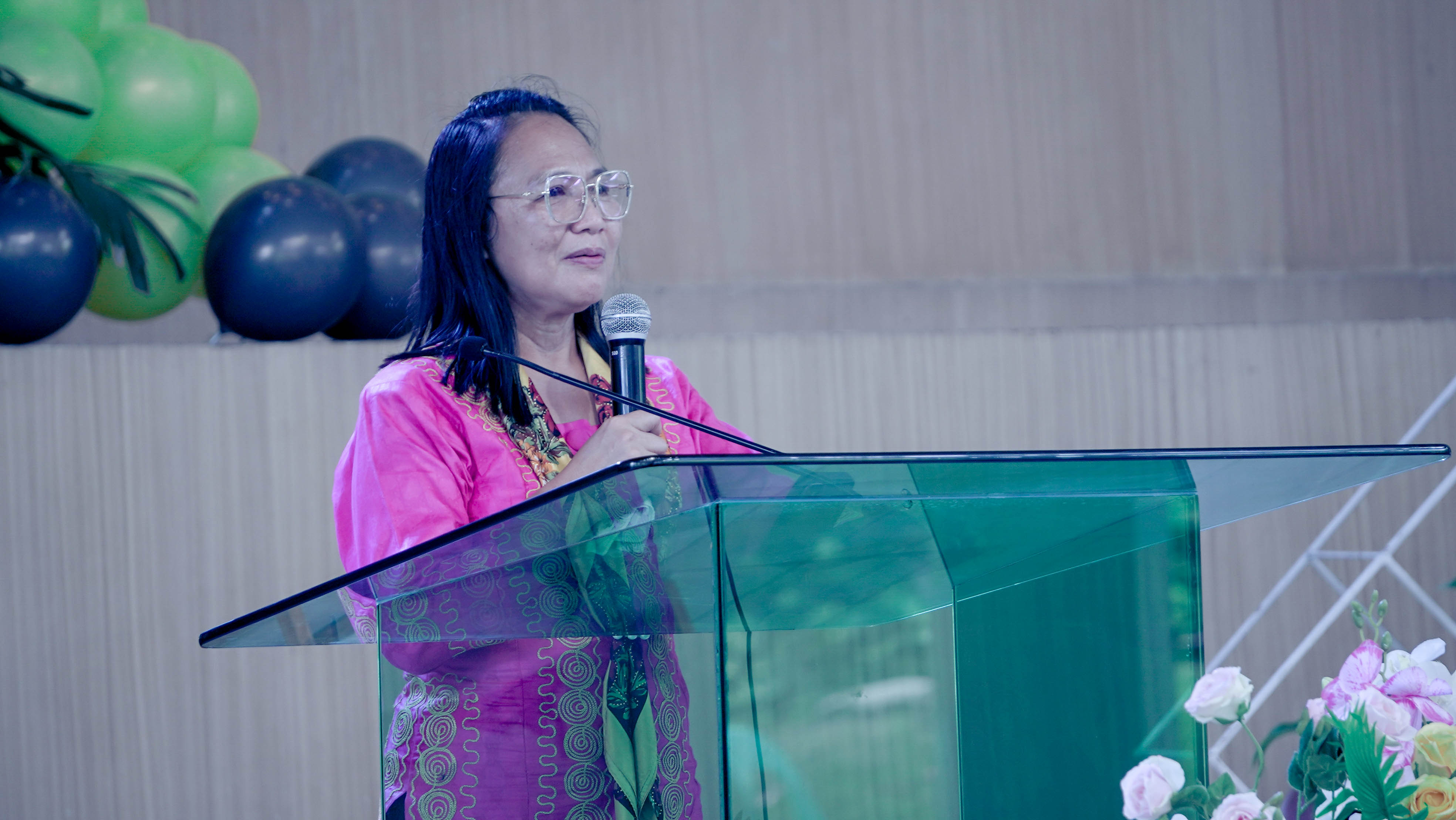
She also thanked her husband, Pr. Jerry Patalinghug, now president of the Southwestern Philippine Union Conference, for being a pillar of support, even as he faced those trying times himself.
Pr. Patalinghug, the speaker of the event, opened his message by sharing important facts of Adventist missions throughout history, especially men and women who took on the challenge to spread Adventism in their respective mission fields.
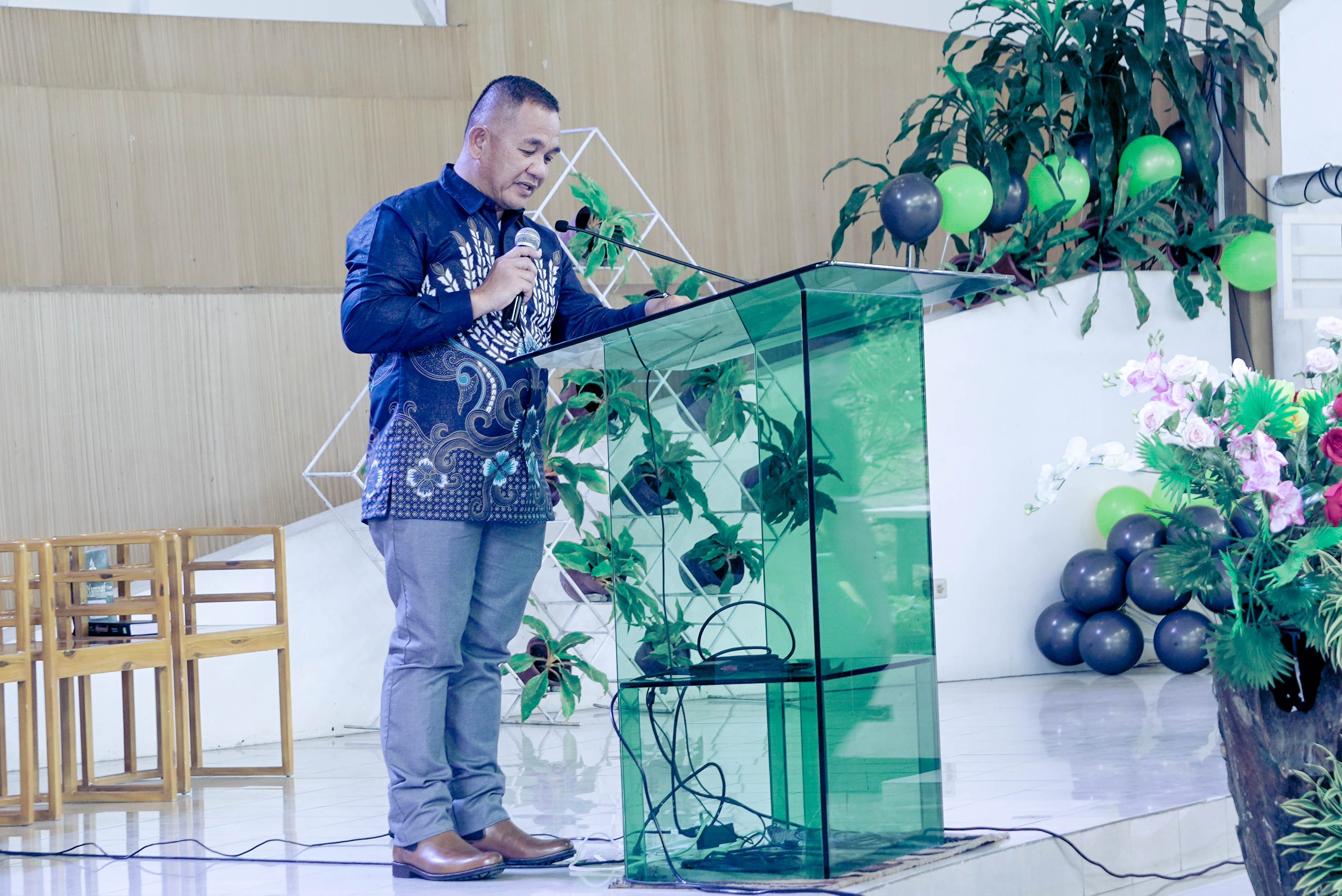
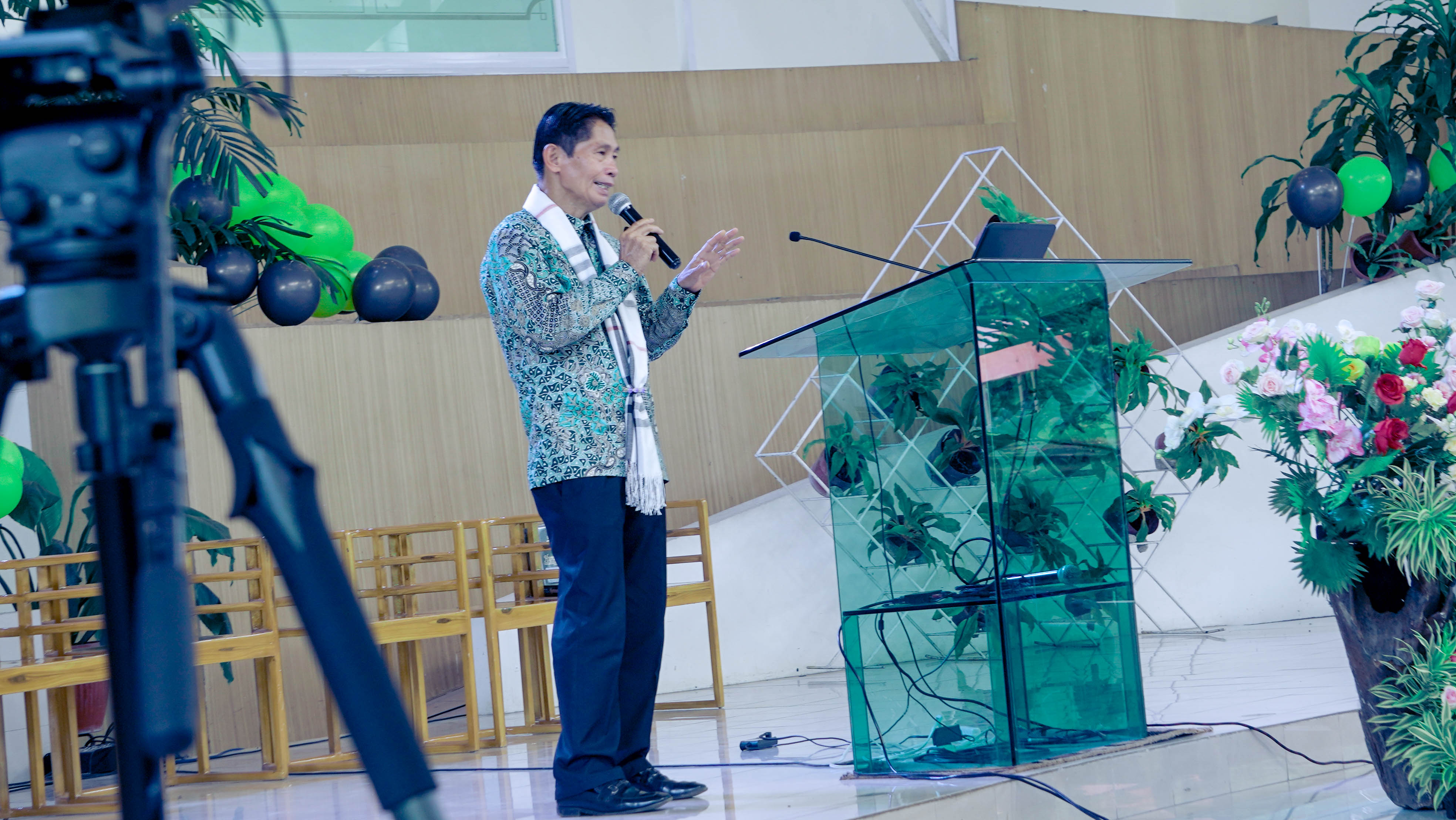
According to him, the celebration should also remind church members to take part in the Adventist Possibility Ministry that focuses on reaching people who are blind, deaf, or facing mental health challenges.
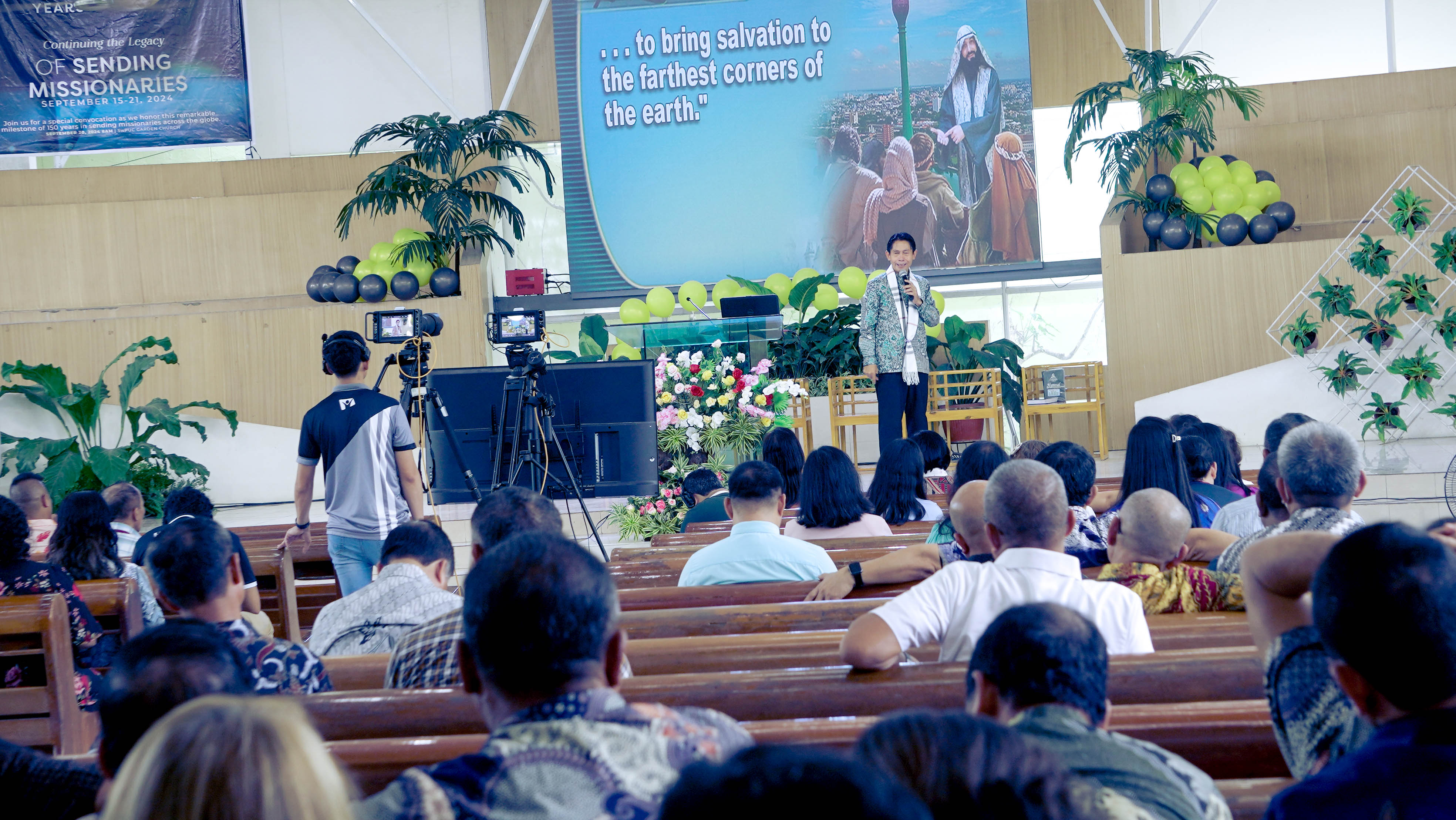
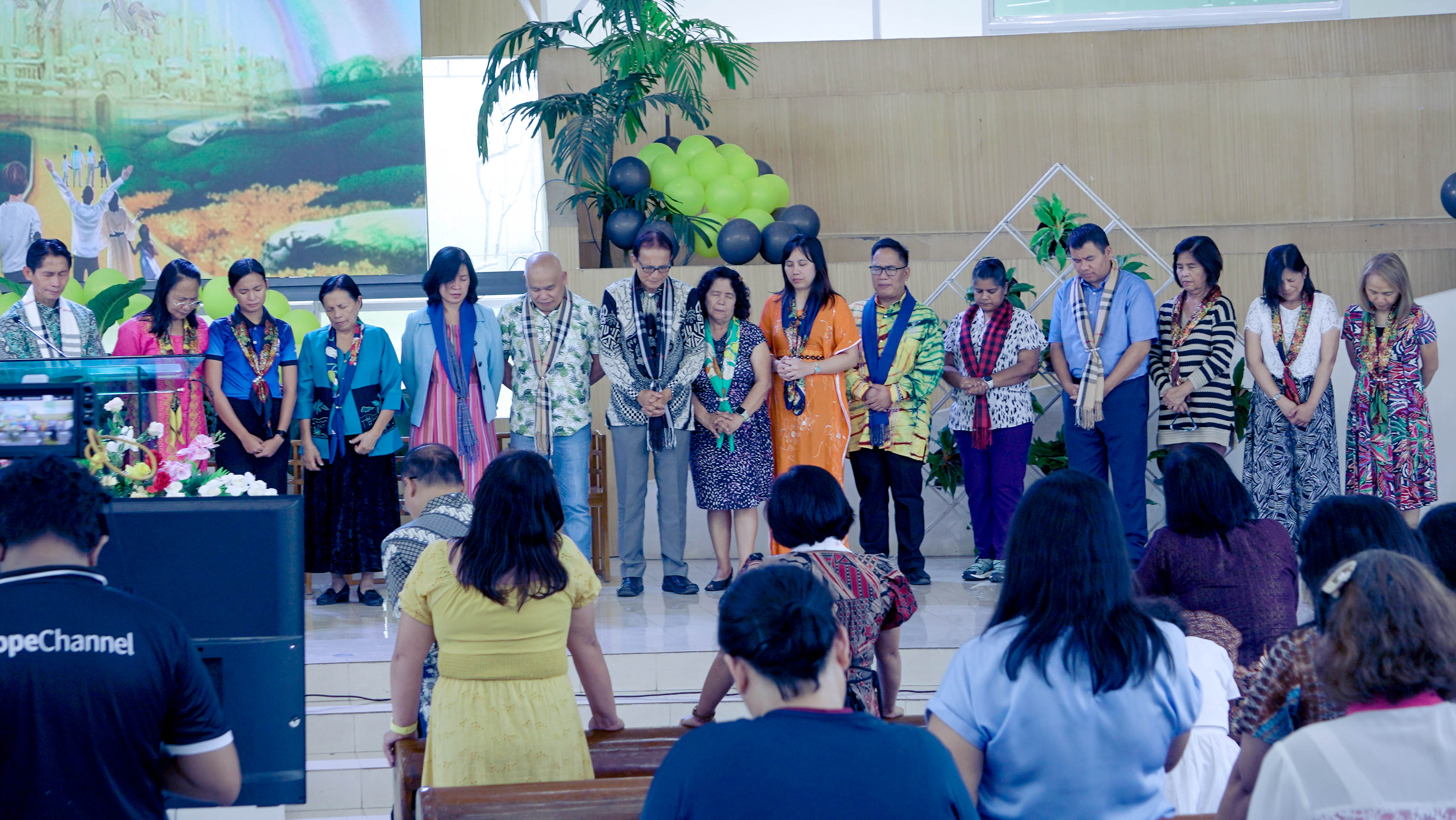
"How I wish that, regardless of the outcome of our ministry—whether you are a missionary from here or elsewhere—the ultimate goal is that people long to be with Jesus and have eternal life with Him. As we celebrate and reflect on 150 years of sending missionaries, the Adventist Possibility Ministry will continue to send missionaries to other parts of the world," he concluded.
By Quin Salarda
SwPUC ComDept.
Our Beliefs
Seventh-day Adventist beliefs are meant to permeate your whole life. Growing out of scriptures that paint a compelling portrait of God, you are invited to explore, experience and know the One who desires to make us whole.

